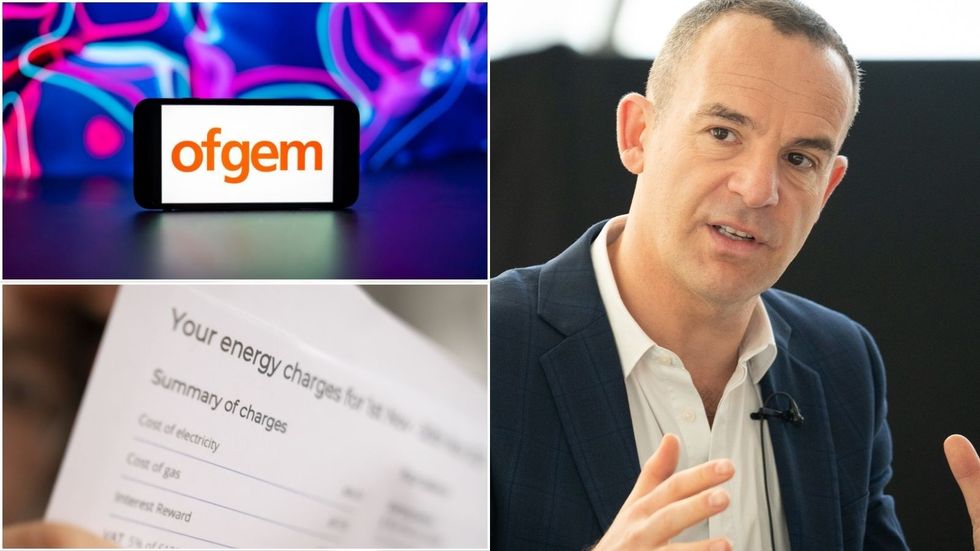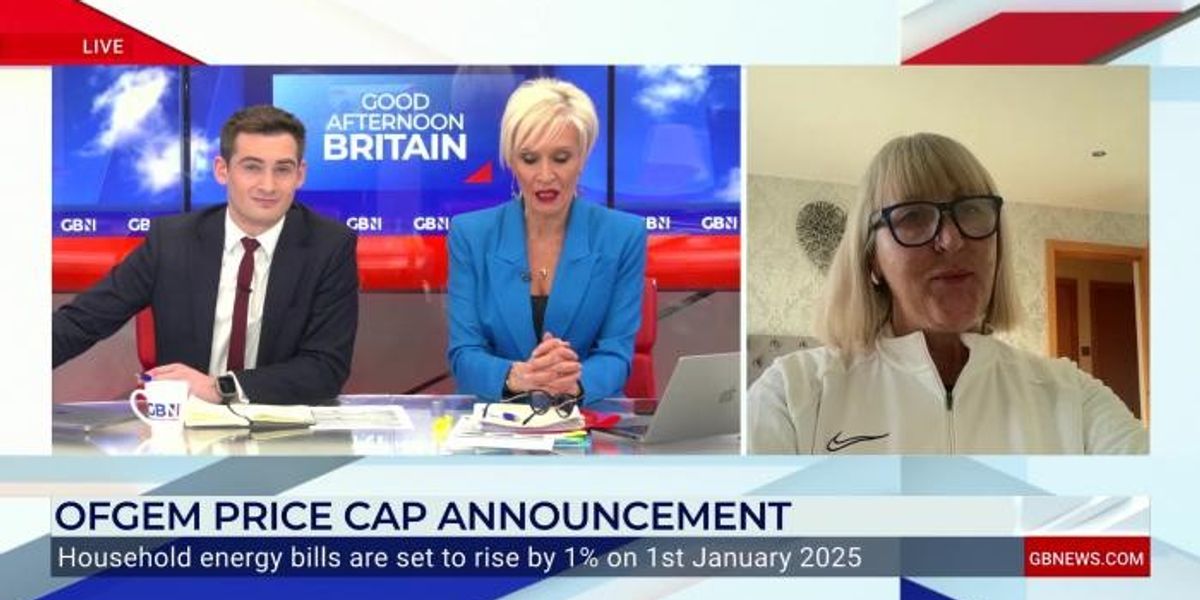Martin Lewis has slammed a “£388-a-year poll tax on energy bills” that millions of households are being forced to pay and is urging the regulator to do more to protect the most financially vulnerable.
Energy firms will be required to offer tariffs without standing charges alongside their existing plans under new proposals from Ofgem. The change, set to take effect by next winter, aims to address growing household energy debt and provide more choice for consumers.
Tim Jarvis, director general of markets at Ofgem, said: “Many people feel very strongly that standing charges are unfair and prevent them from being able to manage their bills effectively.”
The regulator wants to give consumers more control over their energy bills while ensuring no groups are disadvantaged by the changes. Under Ofgem’s price cap, standing charges have seen a dramatic 43 per cent increase since 2019.
From January, dual fuel households will face average annual standing charges of £338. Currently, households on standard variable tariffs paying by direct debit are charged 60.99p per day for electricity and 31.66p for gas.
These rates will decrease slightly from January 1, with electricity standing charges falling to 60.97p daily and gas to 31.65p. Standing charges cover suppliers’ fixed costs for providing energy to homes, but they disproportionately affect those who use less energy.
Do you have a money story you’d like to share? Get in touch by emailing money@gbnews.uk.

Some suppliers already offer low or no standing charge tariffs, which sit at least 10 per cent below the price cap. These alternative tariffs come with higher unit rates for energy usage, making them more suitable for households that consume less energy.
Ofgem’s consultation revealed that many consumers want standing charges removed completely to help manage bills and debt repayment. However, the regulator noted that completely removing standing charges would significantly increase bills for high energy users, including those with medical needs.
Lewis, the founder of MoneySavingExpert.com, criticised standing charges as “a £338-a-year poll tax on energy bills” that discourages lower users from reducing consumption.
He particularly highlighted how current charges penalise elderly customers who only use gas for winter heating by charging them year-round. Lewis called for firms to automatically place lower-use customers and those on the Priority Services Register onto no standing charge tariffs.
“The problem with presenting a choice of price caps is many vulnerable people won’t make that choice,” he warned. Standing charges are now the biggest source of public complaints about energy bills, according to Lewis.
Energy debt has reached critical levels, hitting £3.82billion in September – a 91 per cent increase in just two years. National Debtline reports that energy debt is now the second most common type of debt they handle, behind only credit cards.
The average amount owed in energy arrears has jumped by 37 per cent in the past year to £1,541. Ofgem is proposing new standards requiring suppliers to provide consistent and compassionate support to struggling customers.
As part of Ofgem’s plans, a debt guarantee scheme will be set up to to improve service standards for indebted customers.
Suppliers may be required to accept debt repayment offers from reputable third parties like debt advice agencies.
Richard Neudegg from Uswitch.com welcomed the prospect of zero standing charge tariffs, noting they could bring more choice to the market by next winter.
LATEST DEVELOPMENTS:

Martin Lewis has slammed standing charges as a “poll tax!
PA
However, he cautioned that consumers must understand the trade-off between lower standing charges and higher unit rates.
Alex Belsham-Harris, the head of energy policy at Citizens Advice, added: “We hear from people who’ve turned off their heating, ration their hot water, and avoid charging essential mobility devices, yet still feel like they’re fighting a losing battle with their energy bills.”
National Energy Action expressed disappointment at Ofgem’s “lack of any significant reform of standing charges.”
The charity’s policy director Peter Smith noted particular concerns for prepayment meter households, saying Ofgem had “opted to do nothing, leaving vulnerable households in often dire situations.”























+ There are no comments
Add yours